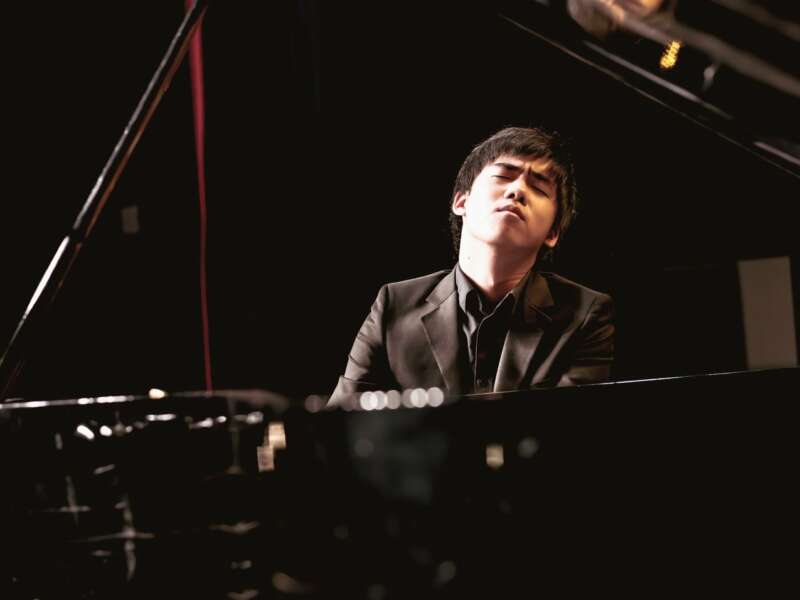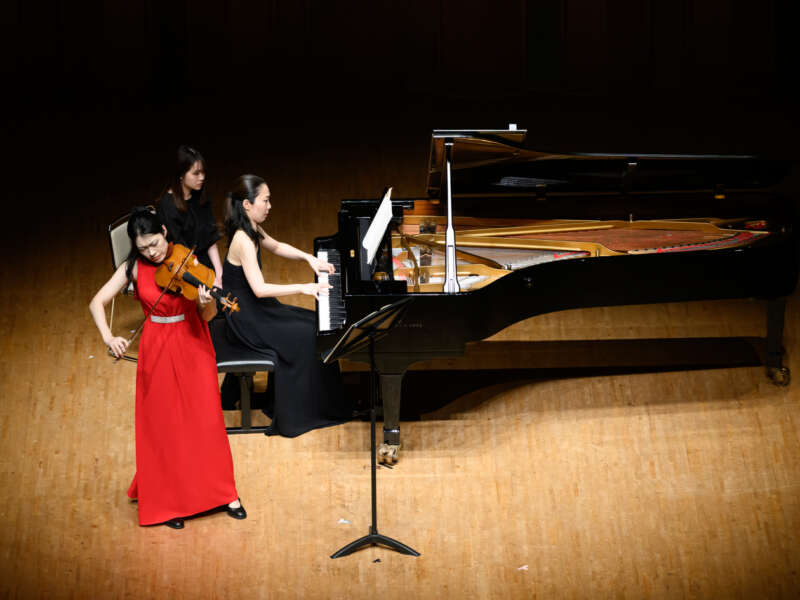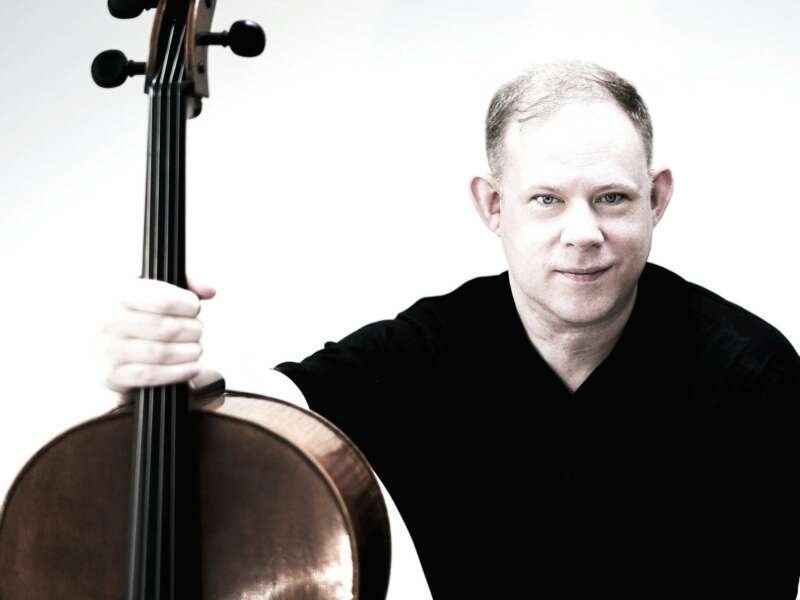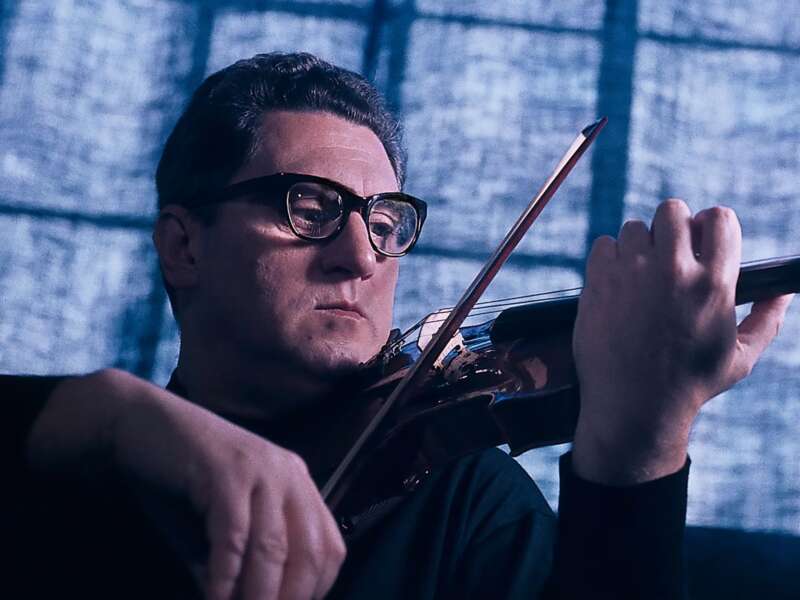Mozart’s Music Revealed to Have Antiepileptic Effect
Studies show that the composer's music dampens epileptic brain activity and could lead the way for seizure-reducing music therapy
Termed the "Mozart Effect," the composer’s music represents a potential treatment in preventing epileptic seizures, according to researchers. The results of a study on it was measured by intracerebral electrodes that had been implanted in the brains of epilepsy patients prior to surgery.
The studies were overseen by a team led by Professor Ivan Rektor from the Epilepsy Centre in Hospital St. Anne and the Central European Institute of Technology, Masaryk University (CEITEC MU), in Brno, Czech Republic.
The patients listened to Mozart’s Sonata for Two Pianos, K448, and the results depicted a reduction in epileptiform discharges (EDs) in the brain — electrical brain waves linked with epilepsy and seizures. Researchers are associating the reduction with the physical acoustic properties in Mozart’s music.
Part of the research process was also having patients listen to different composers. In one study comparing the effects of Mozart’s K448 and Haydn’s Symphony No. 94, the team was surprised to find significant differences. "Listening to Mozart led to a 32% decrease in EDs, but listening to Haydn's No 94 caused a 45% increase," commented Rektor.
According to researchers, it is debatable whether the explanation behind the "Mozart effect" lies in the emotional effects of music: "The effects of listening to music on epilepsy cannot be explained by the effect of dopamine released by the reward system," explained Rektor.
"Our patients were not music connoisseurs and said they were emotionally indifferent to the two pieces of music. There was, therefore, no reason to believe that K448 evoked more pleasure than No. 94.
"Based on our research, we suggest studying the use of musical pieces with well-defined acoustic properties as a non-invasive method to reduce epileptic activity in patients with epilepsy," he concluded.
Experts are embracing more research into the effects of music on the brain and believe that the findings of these studies could instigate individualized music therapies developed to prevent and control epileptic seizures in the future.
june 2025
july 2025


































